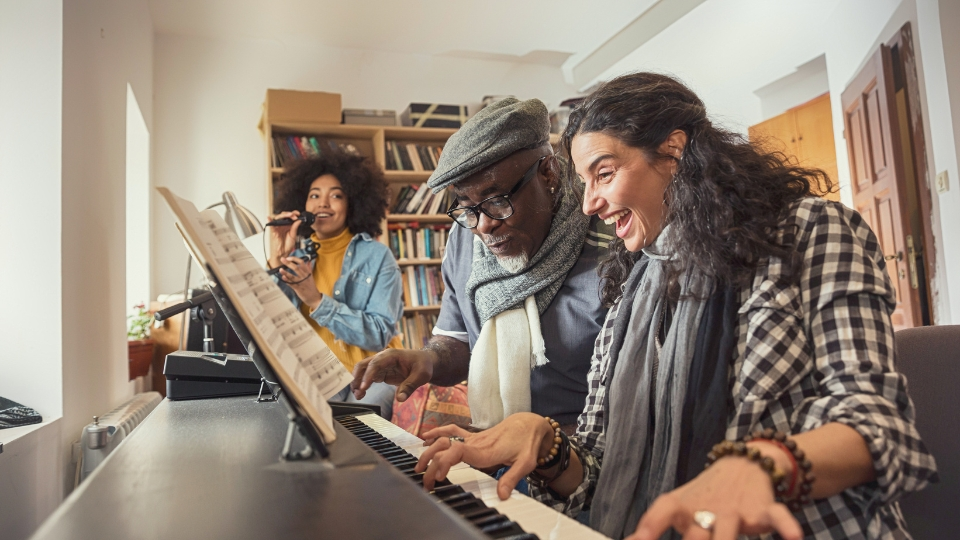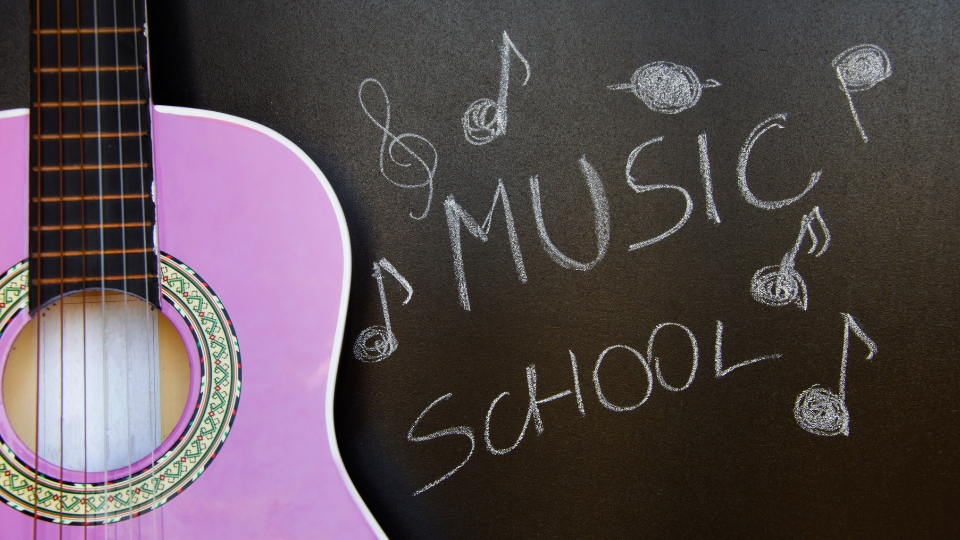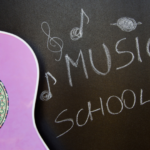Many people believe that musical talents, such as playing an instrument or singing, are natural gifts that one is born with. However, this couldn’t be further from the truth. Regardless of age, anyone can develop musical skills through dedication and practice. In this article, we will explore the various opportunities available to learn music and singing, including private and group lessons, different instruments, and even music theory.
Benefits of learning music and singing
Learning music and singing offers numerous benefits for individuals of all ages. For children, it helps build their cognitive, social, and emotional skills. Adults can benefit from reduced stress levels, increased creativity, and improved memory. Seniors can maintain cognitive functions and enjoy a fulfilling hobby during their retirement years.
Private vs. group lessons
When it comes to learning music and singing at Geneva music school, both private and group lessons have their unique advantages. Private lessons provide personalized attention, allowing the instructor to focus on individual strengths and weaknesses. This one-on-one approach often results in faster progress and a deeper understanding of the chosen instrument or vocal technique.
On the other hand,group lessons offer a collaborative and social environment where students can learn and grow together. By working with peers, learners can gain valuable feedback, enhance their listening skills, and experience the joy of making music as a collective. Both options can lead to success and personal growth. It’s essential to consider individual preferences and learning styles when choosing between private and group lessons.
A wide selection of instruments
There is a vast array of musical instruments available for learners to choose from, ranging from traditional to modern. Piano, guitar and drums are among the most popular choices.
It’s essential to select an instrument that genuinely resonates with the learner. Some factors to consider when making a decision include personal preferences, physical capabilities (such as hand size), and availability of professional instruction.

Finding the right teacher
A qualified and experienced teacher plays a significant role in any student’s musical journey. When searching for an instructor, it’s crucial to consider their education, teaching experience, and ability to connect with their students. A great teacher will not only impart technical knowledge but also inspire and motivate learners to reach their full potential.
The importance of music theory and sight-reading
While learning to play an instrument or mastering vocal techniques is a significant aspect of music education, having a solid foundation in music theory and sight-reading is equally important. These skills enable musicians to understand how music is structured, composed, and performed.
Music theory includes aspects such as rhythm, pitch, harmony, and notation. Developing these skills can enhance a learner’s overall musicality and ability to perform more advanced pieces. Sight-reading involves reading and performing sheet music on the spot, which can be highly beneficial for ensemble playing and auditioning for various musical opportunities.
In conclusion, there are endless possibilities when it comes to learning music and singing at any age. By considering individual preferences, finding the right teacher, and exploring various educational options, anyone can discover the joy and fulfillment that comes with mastering an instrument or refining their vocal abilities.








